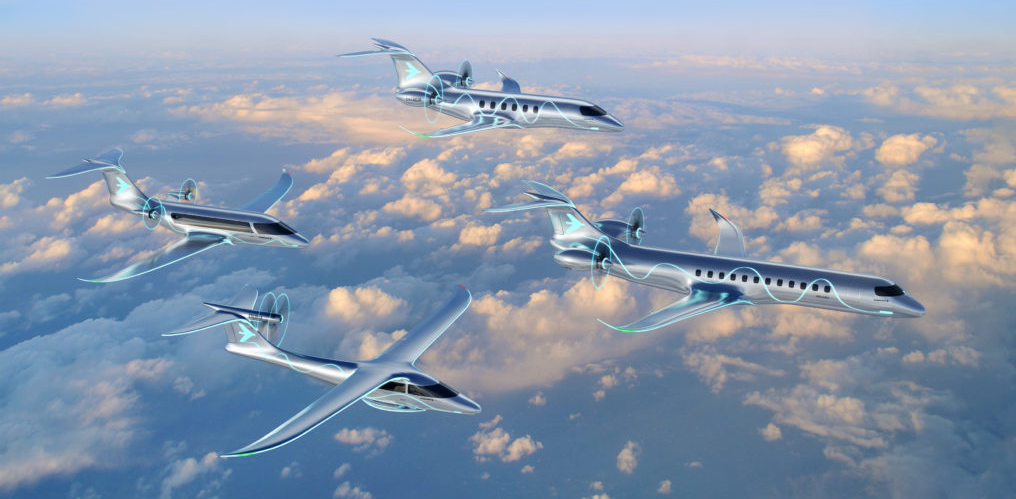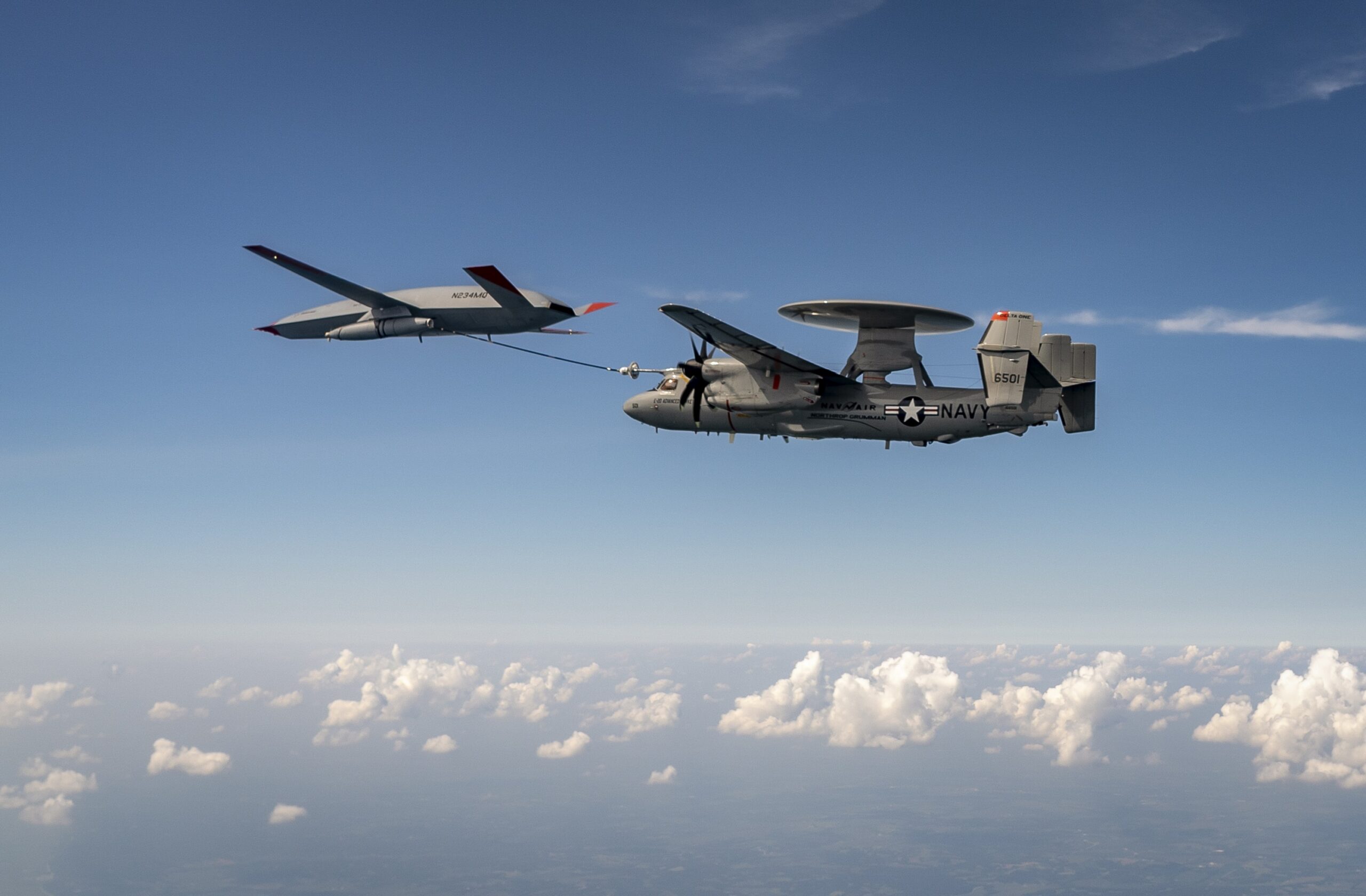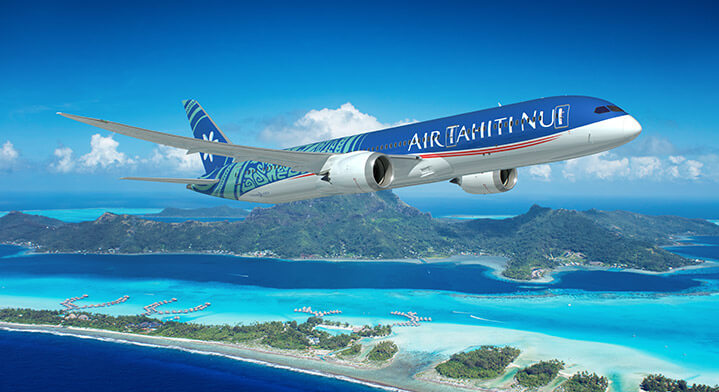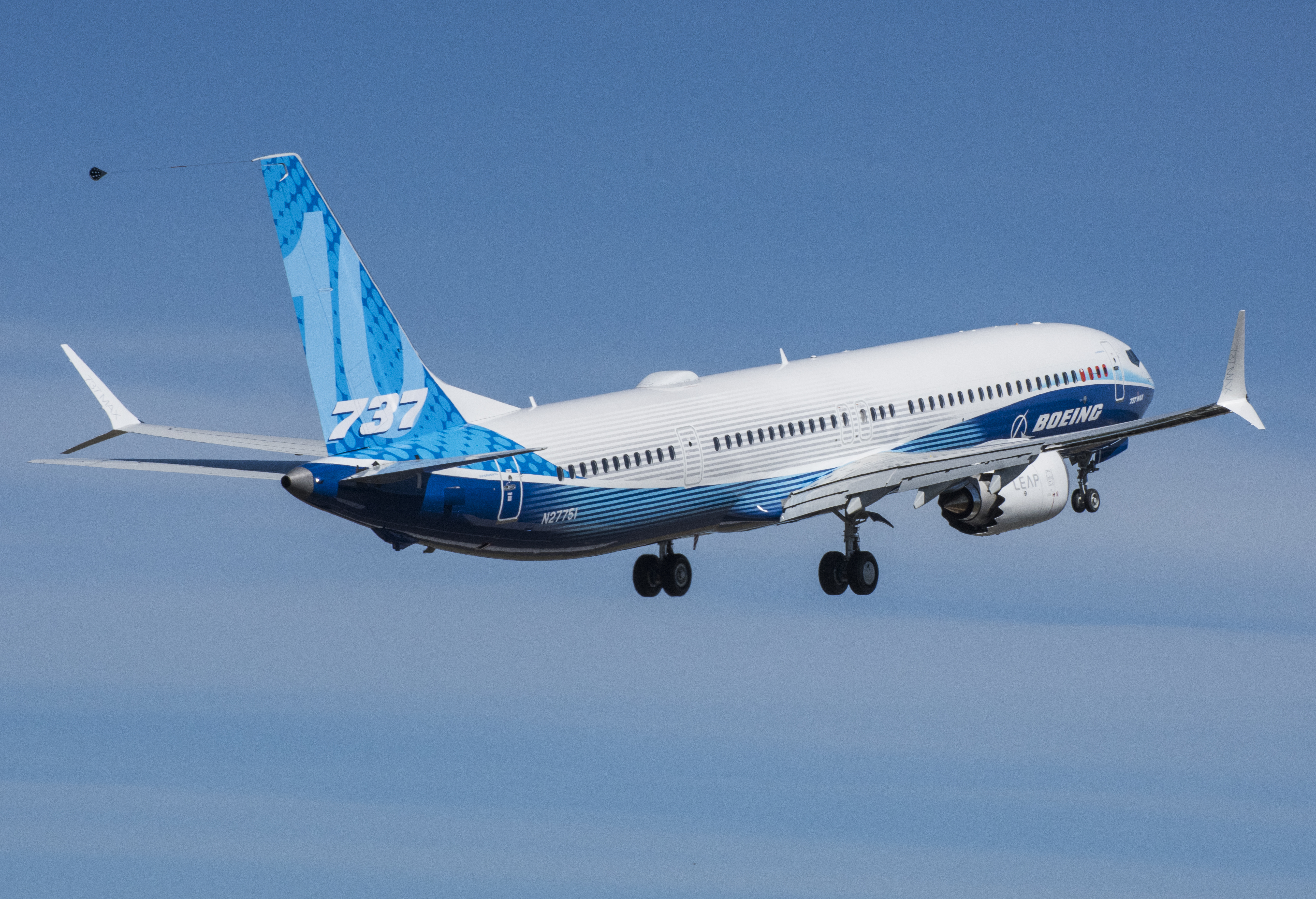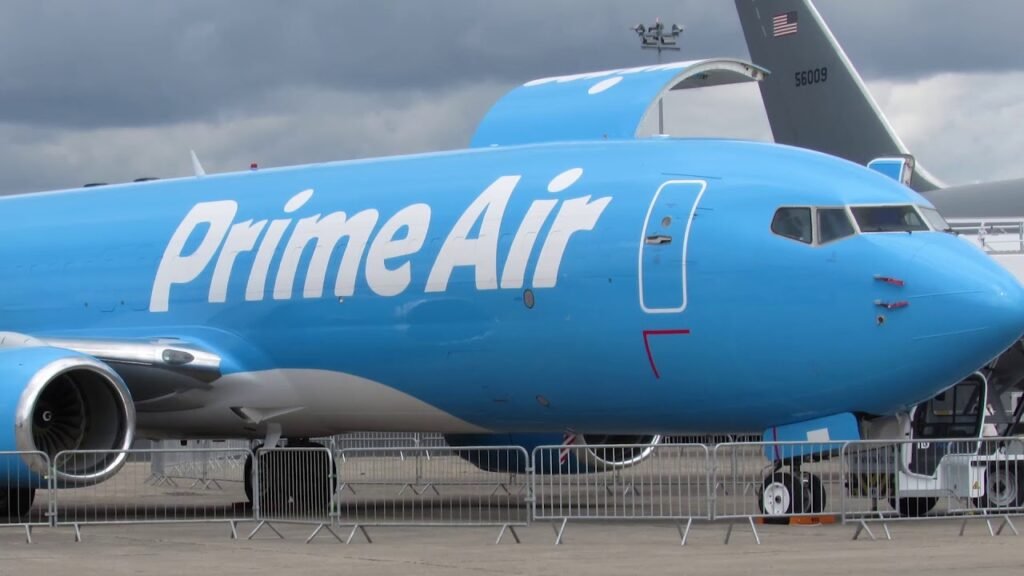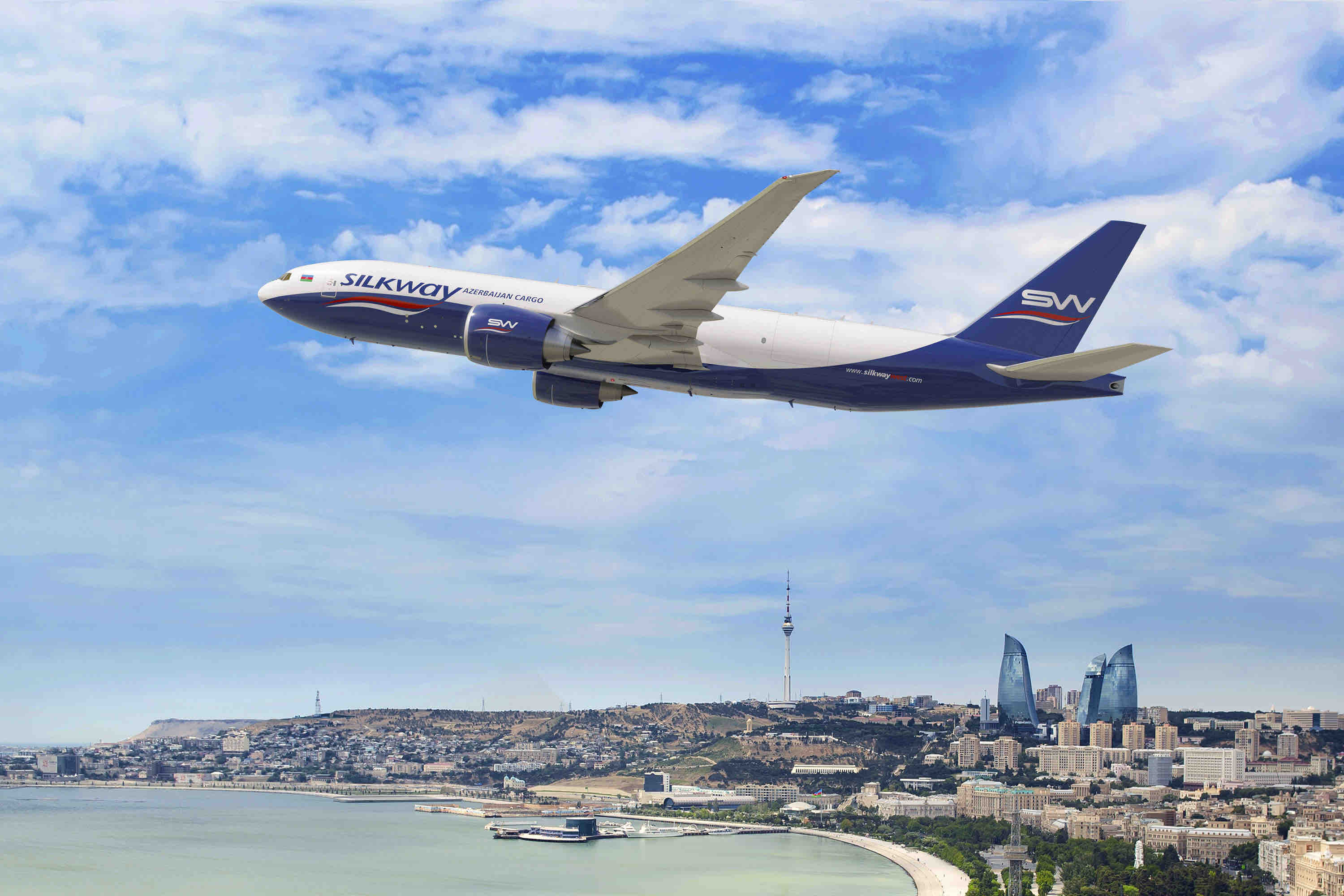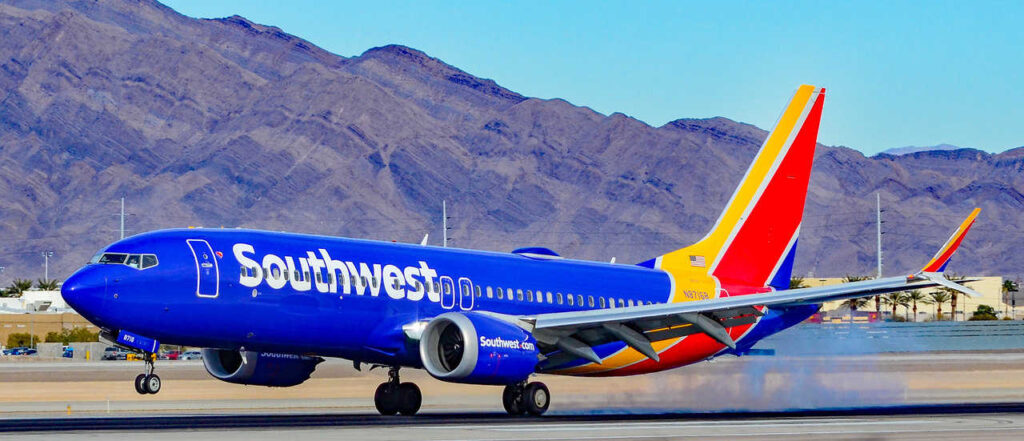Embraer Presents Energia Family, Four New Aircraft Concepts Using Renewable Energy
Embraer (NYSE: ERJ) has announced a family of concept aircraft that it is exploring to help the industry achieve its goal of net zero carbon emissions by 2050. The details of the Energia family, the…
